- Home
- Sale
- 11.11 Sale UPTO 90% OFF
- 55% OFF
- Fragments of an Unfinished War: Taiwanese Entrepreneurs and the Partition of China
Fragments of an Unfinished War: Taiwanese Entrepreneurs and the Partition of China
By: Francoise Mengin
-
Rs 2,067.75
- Rs 4,595.00
- 55%
You save Rs 2,527.25.
Due to constant currency fluctuation, prices are subject to change with or without notice.
The Republic of China that retreated to Taiwan in 1949 maintains its de facto, if not de jure, in- dependence yet Beijing has consistently refused formally to abandon the idea of reunifying Taiwan with China. As well as growing military pressure, the PRC's irredentist policy is premised on encouraging cross-Straits economic integration. Responding to preferential measures, Taiwanese industrialists have invested massively in the PRC, often relocating their businesses there. Fragments of a nation torn apart by contradictory claims, these entrepreneurs are vectors of a new form of unification imposed by the main- land, promoted but postponed on the island by the Nationalist Party, and rejected by Taiwanese pro-independence parties. Within what can be described as an unfinished civil war, socio-economic dynamics remain embedded in conflicts over sovereignty. Trans- national actors have freed themselves from security constraints, thereby benefiting economically from a reformist China, and ultimately restructuring politics in Taiwan itself, and, in so doing, relations between Beijing and Taipei. A fictitious depolitisation has governed the opening of the Sino-Taiwanese border in order to postpone any resolution of the sovereignty issue. Mengin's startlingly original book highlights the competing, and fragmented, elements within one of the world's most intractable territorial disputes.
The Republic of China that retreated to Taiwan in 1949 maintains its de facto, if not de jure, in- dependence yet Beijing has consistently refused formally to abandon the idea of reunifying Taiwan with China. As well as growing military pressure, the PRC's irredentist policy is premised on encouraging cross-Straits economic integration. Responding to preferential measures, Taiwanese industrialists have invested massively in the PRC, often relocating their businesses there. Fragments of a nation torn apart by contradictory claims, these entrepreneurs are vectors of a new form of unification imposed by the main- land, promoted but postponed on the island by the Nationalist Party, and rejected by Taiwanese pro-independence parties. Within what can be described as an unfinished civil war, socio-economic dynamics remain embedded in conflicts over sovereignty. Trans- national actors have freed themselves from security constraints, thereby benefiting economically from a reformist China, and ultimately restructuring politics in Taiwan itself, and, in so doing, relations between Beijing and Taipei. A fictitious depolitisation has governed the opening of the Sino-Taiwanese border in order to postpone any resolution of the sovereignty issue. Mengin's startlingly original book highlights the competing, and fragmented, elements within one of the world's most intractable territorial disputes.
Fragments of an Unfinished War: Taiwanese Entrepreneurs and the Partition of China
By: Francoise Mengin
Rs 2,067.75 Rs 4,595.00 Ex Tax :Rs 2,067.75
Zubin Mehta: A Musical Journey (An Authorized Biography)
By: VOID - Bakhtiar K. Dadabhoy
Rs 472.50 Rs 1,050.00 Ex Tax :Rs 472.50
Sideways on a Scooter: Life and Love in India
By: Miranda Kennedy
Rs 1,235.00 Rs 1,900.00 Ex Tax :Rs 1,235.00
The Mughal Throne The Saga Of Indias Great Emperors
By: Abraham Eraly
Rs 3,595.50 Rs 3,995.00 Ex Tax :Rs 3,595.50
The Great Game On Secret Service In High Asia
By: Peter Hopkirk
Rs 1,296.75 Rs 1,995.00 Ex Tax :Rs 1,296.75
From Third World to First Intl Singapore And The Asian Economic Boom - (PB)
By: Lee Kuan Yew
Rs 2,695.50 Rs 2,995.00 Ex Tax :Rs 2,695.50
The Faithful Scribe: A Story of Islam Pakistan Family and War
By: Shahan Mufti
Rs 1,212.75 Rs 2,695.00 Ex Tax :Rs 1,212.75
No similar books from this author available at the moment.
No recently viewed books available at the moment.
Zubin Mehta: A Musical Journey (An Authorized Biography)
By: VOID - Bakhtiar K. Dadabhoy
Rs 472.50 Rs 1,050.00 Ex Tax :Rs 472.50
Fragments of an Unfinished War: Taiwanese Entrepreneurs and the Partition of China
By: Francoise Mengin
Rs 2,067.75 Rs 4,595.00 Ex Tax :Rs 2,067.75












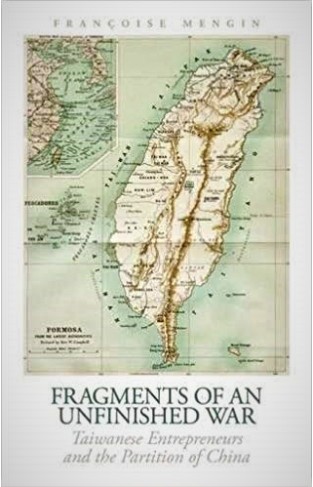
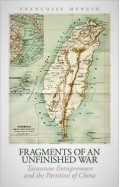
-120x187.jpg?q6)





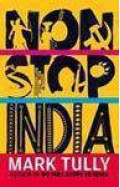



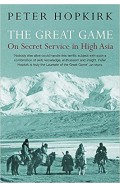
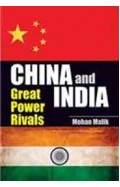
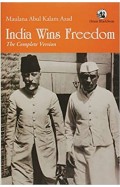
-120x187.jpg?q6)
